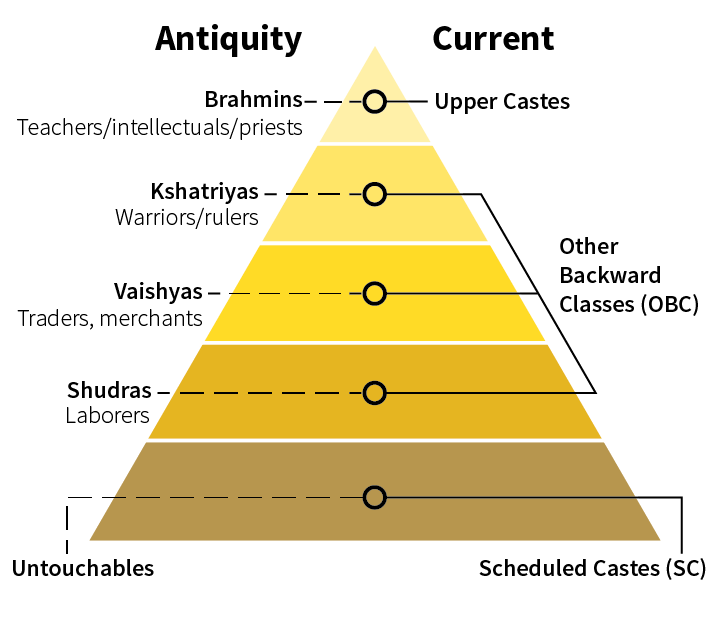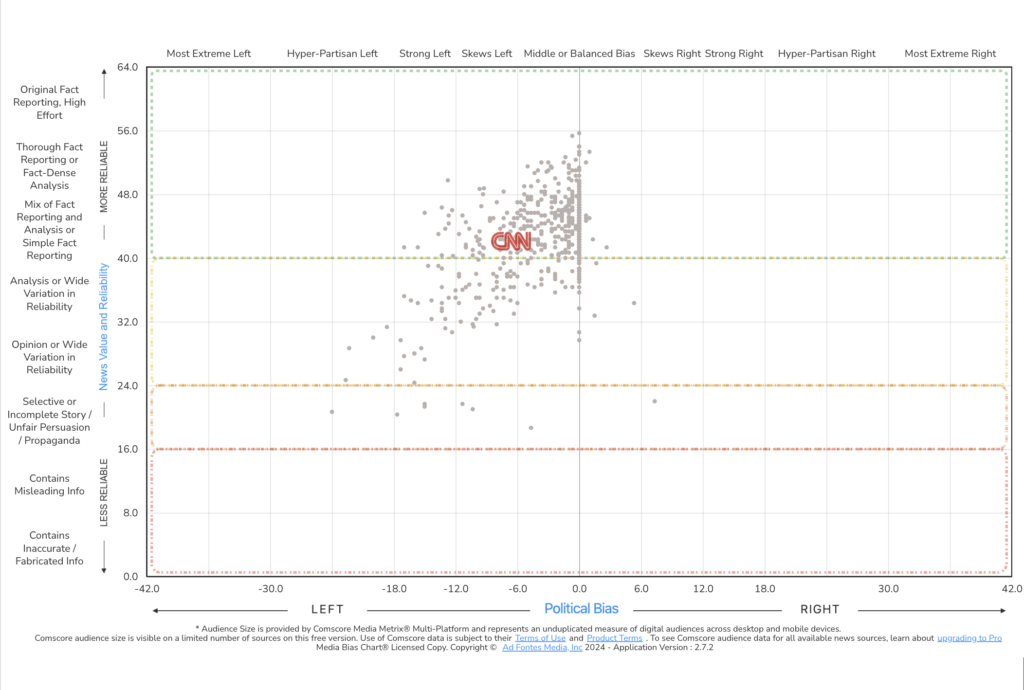When it came to finding sources for my materials I used a mix of both databases and search engines. My initial search focused on articles and updates from news sources like BBC and CNN to stay on top of developments, and view their real time significance. When looking for insights into history and policy analysis, I turned to JSTOR and the Encyclopedia Britannica for reliability. The report from The Armed Conflict Location & Event Data Project (ACLED) offered a thorough examination of tensions and nationwide dissatisfaction surrounding the Indian elections. This source was selected for its data driven perspective on the conflict. ACLED is a database that offers up to date information on political violence and protests, serving as a reliable resource to understand the scope and consequences of India’s internal conflict. The focus of the report centers on data surrounding internal conflict as a result of the election changes. Despite this, it is a data driven and peer reviewed source that helps minimize any biases. The article’s strength lies in its data and thourough analysis, although it doesnt fully explain the details and background of India’s underlying conflicts. I used the CNN article to shed some light on the obstacles that many workers face as a part of Indian elections. CNN is a world renowned news source known for its coverage of global events. While CNNs reporting may reflect a slightly politically left viewpoint, the information in the article remains true. The article highlights the real life experiences of many migrant workers. The only downside using CNN is that this source doesn’t explore the election system itself in full detail. The BBC article offers a general overview of the election process, figures involved, and the significance of these election rules. BBC is a news outlet known for its thorough reporting practices. Although BBCs UK perspective might overlook some minor details, it is still a comprehensive and well researched summary of what is going on. The elections are well covered by the platform, from an easy to understand perspective. The issue with this source is that there could be more depth in looking at the actual history of the reservation system. Encyclopedia Britannica goes more in depth into Indias reservation policies and the Election Commission’s role in the countiy’s internal unrest. Known for its accuracy and thorough research, Britannica remains impartial, although it doesnt quite capture real time updates as quickley as the news outlets. The strength of this source comes from its peer reviewed and fact checked points, while a drawback could be the slightly more outdated information when looking at these rapidly changing current events (Britannica). The different sources are aimed at different audiences, allowing us as readers to read these sources and gain a comprehensive view of current events. Specifically, with the 2024 elections in India, mainstream media platforms like CNN, and BBC present a larger overview of the events by selecting stories interesting to its viewers. CNN commonly reports on one person in the crisis, allowing its readers to feel a more personal connection to the issues. The tier one source that I used was ACLED, because even though the data was closer to a month old, it offered a thorough analysis of the ethical and economic implications, while still speaking to the crisis at hand.
To me, looking into each of these news sources of this project was extremely important to attain a well rounded understanding of the ongoing issues. When merging the current events with the historical context I had researched, it allowed me to retain more information, and overall gain a better understanding of not only what is going on in the world, but what’s going on in history.
-William


